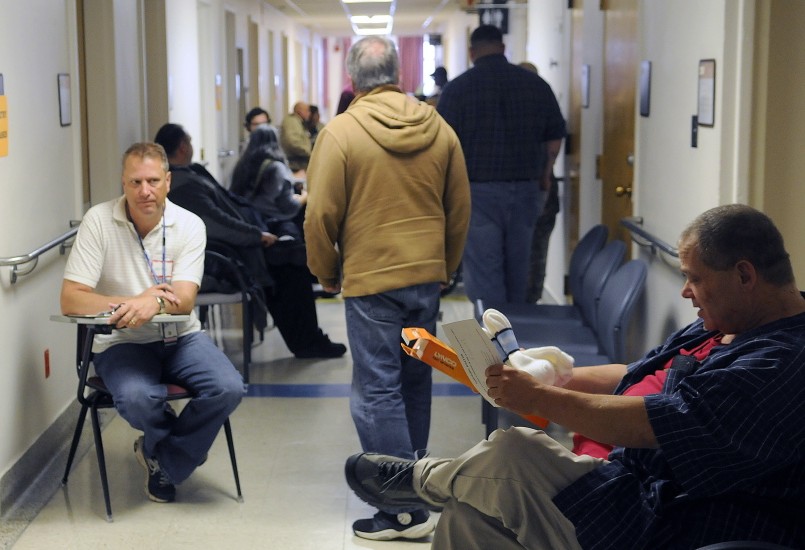BANGOR — The U.S. Department of Veterans Affairs wants to improve our military veterans’ access to needed health care by fully utilizing certified registered nurse anesthetists and other advanced practice registered nurses already practicing in the VA health system. The proposed rule, published in the May 25 Federal Register, would reduce long wait times for veterans to receive care – a dangerous situation that sadly has cost some vets their lives.
So far in the comment period for the proposed rule, the issue has generated nearly 70,000 letters to the VA, by far the highest number of comments for a VA rule since the agency instituted online comment submission in 2006. Beyond a doubt, this is a topic of keen interest to veterans, their families and the American public.
This important new policy is supported by veterans groups such as AMVETS, Paralyzed Veterans of America, the Military Officers Association of America and the Air Force Sergeants Association, AARP, numerous health care professional organizations – including the American Association of Nurse Anesthetists and other advanced practice registered nurse associations – and 80 Democratic and Republican members of Congress.
Even more significantly, the proposed rule is supported by:
Research evidence from no fewer than nine scientific studies on anesthesia safety published since 2000.
The results of an independent assessment of the Veterans Health Administration ordered by Congress in 2015.
The recommendations of the independent federal Commission on Care, issued this month.
A recommendation by the National Academies of Medicine (formerly the Institute of Medicine) that certified registered nurse anesthetists be allowed to practice to the full extent of their education, training and abilities.
While there is plenty of evidence to support the VA’s proposed rule, there is no evidence to support arguments raised in opposition to it.
The rule makes clear that the VA continues to support team-based patient care, with all providers – surgeons, anesthesiologists, certified registered nurse anesthetists and other health care professionals – working to their full capacity to provide the best quality of care possible to our veterans.
CRNAs are advanced practice registered nurses who have completed seven to eight years of education and clinical training. They receive a master’s degree or a doctorate upon graduation and are eligible to sit for a national certifying examination. They must maintain certification through continuing education and recertification examinations.
Certified registered nurse anesthetists have been providing anesthesia care in the United States since the Civil War. Many are veterans and have been the primary providers of anesthesia care at the front lines of war.
Fifty thousand CRNAs are practicing nationwide today. In Maine, there are 300 certified registered nurse anesthetists and students throughout the state. If you have had anesthesia for a procedure, it is most likely that a CRNA was at your side.
What the VA proposes is taking full advantage of the VA’s existing anesthesia workforce, both CRNAs and anesthesiologists alike. Independent research on anesthesia safety has confirmed time and again that patient outcomes are not influenced when a CRNA, an anesthesiologist or the two are working together to provide the service.
The VA’s proposal is to make better use of VA-certified registered nurse anesthetists by allowing them to practice to the full scope of their education, training and abilities without supervision. It would also make better use of VA anesthesiologists by having them actually provide anesthesia or pain care rather than needlessly supervising other qualified providers. Imagine how much of a dent could be made in veterans’ wait times for care if all anesthesia professionals within the system were being fully utilized.
The VA’s proposal stands to improve health care for veterans and to reduce wait times for the care they deserve and have earned. Public comments on the rule will be taken until July 25.
It is critically important that veterans and those who care about them support the VA’s plan to allow full practice authority for certified registered nurse anesthetists and other advanced practice registered nurses to the benefit of all veterans. At VeteransAccessToCare.com, you can make your voice heard today.
Send questions/comments to the editors.



Comments are no longer available on this story